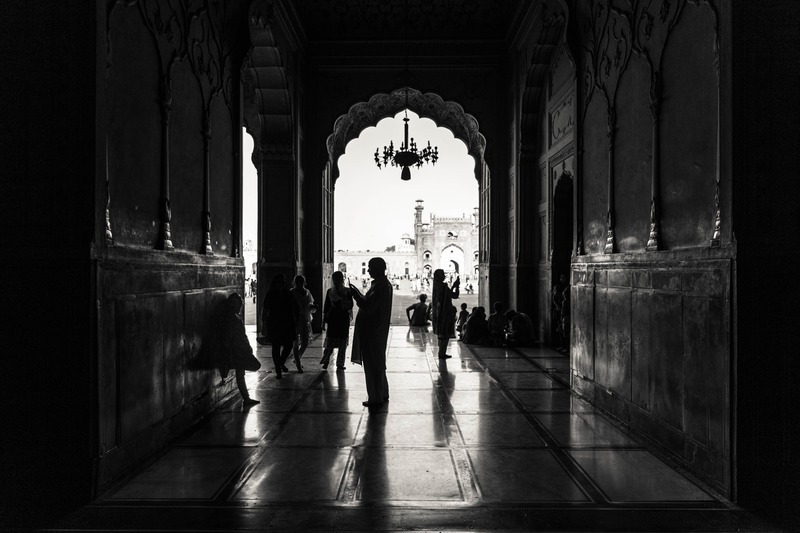
Christian leaders in Pakistan have expressed their disapproval of the ongoing national census, accusing the takers of undercounting, using flawed questionnaires, and employing delay strategies.
At least 40 persons in Karachi were not tallied since several parish residences were bypassed, according to Father Mario Rodrigues, rector of St. Patrick's High School in Karachi.
Pakistan Census Accused of Deliberate Undercounting of Christians
According to the Union of Catholic Asian News, the first-ever digital census, which started last month, intends to compile information on 235 million people nationwide and the roughly 16.5 million people living in Karachi. The majority-Muslim nation's government-run Pakistan Bureau of Statistics (PBS) has not yet made data on religious minorities available.
Due to the Eid-ul-Fitr celebration, fieldwork was suspended from April 20–25, pushing the census' original completion date of April 1 to April 30.
The Pakistan Bureau of Statistics has been charged with using delay strategies to undercount Christians in the ongoing national census, according to Anglican Bishop Humphrey Sarfaraz Peter of the Peshawar Diocese in Pakistan. He claims that the opaque process is an effort to undercount the most significant and vociferous religious minority in Pakistan.
Majid Abel, executive secretary of the Presbyterian Church of Pakistan, similarly criticized the bureau for engaging insufficient and untrained staff, leading to undercounting. He emphasized the need for an accurate representation of the population, including religious, ethnic, caste, gender, and racial identity.
The Peoples Commission for Minorities Rights and the Center for Social Justice (CSJ), both situated in Lahore, have also complained about census violations and asked for solutions. Peter Jacob, the executive director of the CSJ, drew attention to the fact that the standard questionnaire did not include columns for the Baha'i and Kailash religious organizations and that partial paper questionnaires were used instead of computer tablets.
Pakistan Census Spurs Christian Communities to Educate Members on Online Registration
Online registration is being used for Pakistan's seventh national census, which will ask participants about their religious affiliation. According to Agenzia Fides, Christian groups are attempting to assure appropriate representation by educating their members about the registration procedure, especially those who are illiterate or less educated.
Christian Rohail Zafar, the Secretary General of the Pakistan Minority Rights Commission, encourages Christian leaders to support families with registration and use media platforms to spread awareness. In Pakistan, the baptized are urging the Pakistan Bureau of Statistics (PBS) to be more transparent to foster public trust. Earlier census data have generated controversy and been kept under wraps.
A recent report titled "Confusing Demographics for Minorities" advocates for more detailed categorization and removing the term "minorities," allowing individuals to self-identify their religious orientation.
Religious Discrimination and Persecution of Christians in Pakistan
Christians make up roughly 1.27% of the population of Pakistan, making them the second-largest religious minority after Hindus. The article in Aljazeera shared that although Pakistan was established in 1947 to promote equality and tolerance, Christians have nonetheless been subjected to continued persecution, including targeted assassinations and coerced conversions, lynchings, mob violence, and the destruction of their places of worship.
This has caused the United States Commission on International Religious Freedom to label Pakistan as a country of "particular concern" due to the extreme discrimination encountered by religious minorities.
Christian sanitation workers face social ostracism, with "churha" used as a derogatory term. This emotional and psychological abuse starts early, impacting children's well-being and confidence. Limited opportunities and bullying further damage self-esteem.
Additionally, Pakistani Christians have been prosecuted under the nation's blasphemy laws, which carry the threat of the death penalty for those found guilty of insulting Islam. In addition, the caste structure and the history of discrimination have compelled many Christians into dangerous sanitation jobs. Christian missionaries who arrived in pre-partition India in the 19th century converted many "low-caste" Hindus who had previously been given sanitation duties, which led to the continuation of such work after division.
Related Article: Campaign Launched to Prevent Deportation of Afghan Christians in Pakistan


















